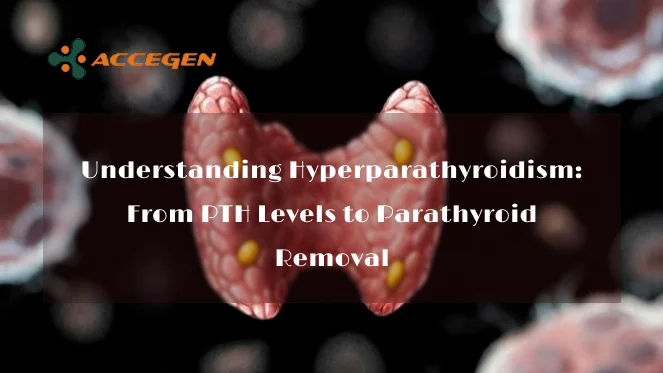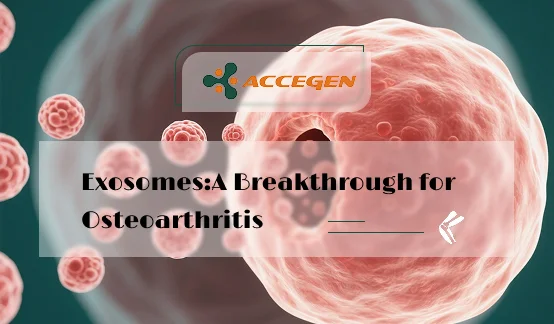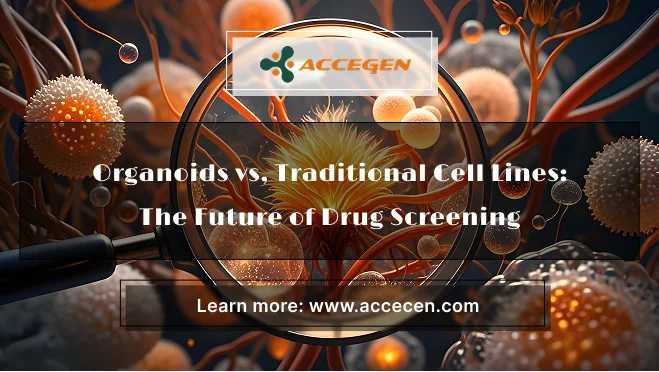- In-Stock Tumor Cell Lines
- Human Orbital Fibroblasts
- Human Microglia
- Human Pulmonary Alveolar Epithelial Cells
- Human Colonic Fibroblasts
- Human Type II Alveolar Epithelial Cells
- Human Valvular Interstitial Cells
- Human Thyroid Epithelial Cells
- C57BL/6 Mouse Dermal Fibroblasts
- Human Alveolar Macrophages
- Human Dermal Fibroblasts, Adult
- Human Lung Fibroblasts, Adult
- Human Retinal Muller Cells
- Human Articular Chondrocytes
- Human Retinal Pigment Epithelial Cells
- Human Pancreatic Islets of Langerhans Cells
- Human Kidney Podocyte Cells
- Human Renal Proximal Tubule Cells
Every August 1st, the world turns its attention to lungs—not just as a diagnosis, but as a deeply human story of resilience, loss, and discovery. As the leading cause of cancer-related death worldwide, lung cancer often advances silently, only revealing itself when treatment options are limited. But behind every statistic lies a patient fighting, a family hoping, and a researcher working against time. On World Lung Cancer Day, we remember them all—and we renew our commitment to advancing the science.
Innovative Tools for a Complex Disease
In the quiet battle of lung cancer research, every model system matters. At AcceGen, we recognize that impactful research begins with the right tools. That is why we offer a comprehensive portfolio of lung-derived cell models that empower scientists to understand, model, and ultimately challenge the progression of lung cancer.
Our journey begins with primary carcinoma-associated fibroblasts, meticulously isolated from human lung adenocarcinoma and squamous-cell tumors. These often-underappreciated cells are critical in mimicking the real tumor microenvironment. When paired with relevant tumor models, they become a window into the stroma–tumor dialogue that drives metastasis, resistance, and relapse.
To provide robust experimental controls, we offer normal human lung fibroblasts from both adult and fetal donors. Their high purity and consistent responsiveness to cytokines and inflammatory cues make them reliable baselines in cancer progression, fibrosis, or regenerative studies. For real-time tracking of dynamic cell interactions, we offer GFP-labeled lung fibroblasts, turning co-culture into a visual symphony of cell behavior.
Expanding the Model: From 2D Cultures to In Vivo Imaging
Beyond fibroblasts, AcceGen supports deeper disease modeling with cell lines like A549—a gold standard in lung adenocarcinoma research. For advanced imaging or cytotoxicity testing, the A549-Luciferase+GFP reporter line adds the power of light to your lab, enabling longitudinal tumor tracking with elegance and precision.
We have not forgotten comorbidities either. Our COPD-derived lung fibroblasts, isolated from clinically confirmed donors, provide insight into the chronic inflammation–cancer axis, especially in aging or chronically diseased lung tissue. When integrated with our diverse respiratory primary cells—including epithelial, endothelial, and smooth muscle types— researchers can construct sophisticated 3D airway models or co-culture systems that closely mimic patient-specific biology.
Fueling Discovery with Purpose
Each AcceGen product was created not simply for inventory—but for impact. For the scientist staying late to run one more experiment. For the lab daring to test a novel hypothesis. For the patient whose name is quietly written in a notebook, beside a Petri dish—and whose future depends on the breakthroughs we pursue today.
This World Lung Cancer Day, we honor those lost, uplift those still fighting, and stand beside the scientific community committed to changing the narrative. At AcceGen, we do not just provide cells—we breathe life into discovery.

Copyright - Unless otherwise stated all contents of this website are AcceGen™ All Rights Reserved – Full details of the use of materials on this site please refer to AcceGen Editorial Policy – Guest Posts are welcome, by submitting a guest post to AcceGen you are agree to the AcceGen Guest Post Agreement – Any concerns please contact marketing@accegen.com








